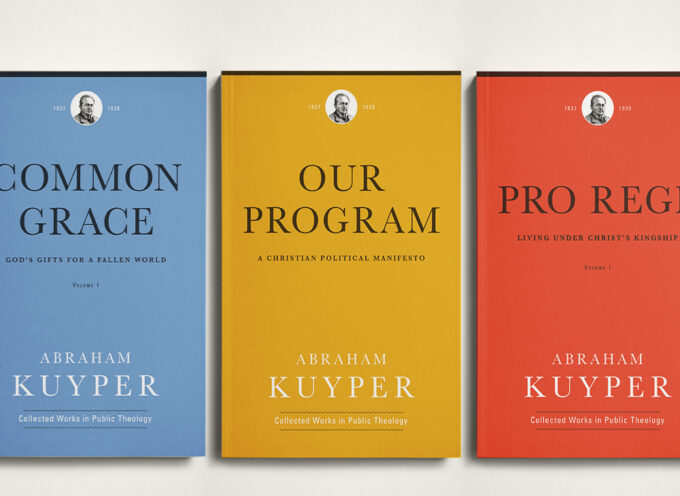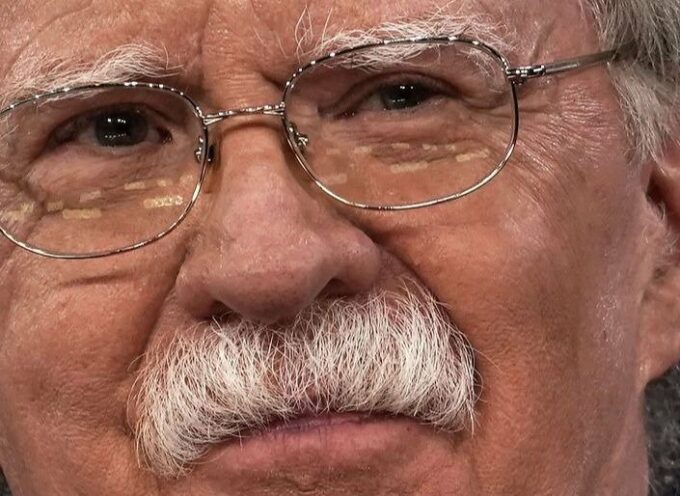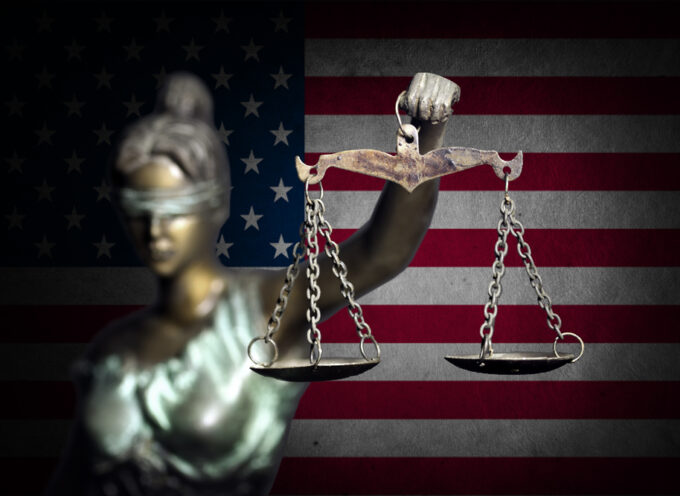Our nation’s political discourse has become increasingly toxic in the past two decades. Consider the uncivil and even caustic demeanor of many radio show hosts, cable TV pundits, and opinion writers. Think about the degrading and demeaning language used in the comment strings of media sites, Twitter feeds, and Facebook pages.
Consider the bipartisan nature of the incivility. Many on both right and left perceive the politically “other” as morally reprehensible, persons in whom no good can be found. Then they leverage that assessment to justify degrading, demeaning, and misrepresenting those persons. Finally, consider that we—evangelical Christians—often engage in political discourse in ways that reflect the broader culture rather than the gospel.
Evangelical Christians often engage in political discourse in ways that reflect the broader culture rather than the gospel.
Despite the temptation to answer antagonistic political opponents according to the same measure of their willingness to malign and misrepresent us, as gospel-changed people we must conduct ourselves in the more excellent way of love to which Paul calls us (1 Cor. 12:31). In pursuit of helping Christians consider this more excellent way of engaging the public square, we propose three diagnostic questions to help us identify the primary issues that underlie our responses.
Perhaps these three questions will help us provide a more compelling defense for our positions and remind us that such engagements are not merely defenses of the gospel and its implications, but also opportunities to embody and share it.
To read the rest of the article, originally published with The Gospel Coalition, click here.
Subscribe
Never miss a post! Have all new posts delivered straight to your inbox.








While I’d state you are zealous. I’d also like to state that cultural moralism is not the church’s commission. I’m sure you know that, just reminder. Pur commision is preach the gospel in order to advance the kingdom of Christ, not in hope to reform the kingdom of Satan.